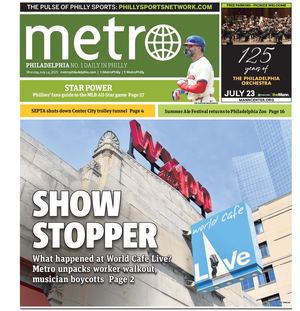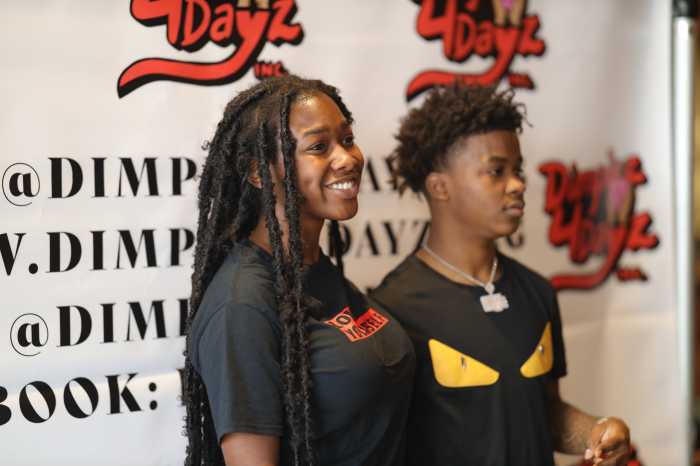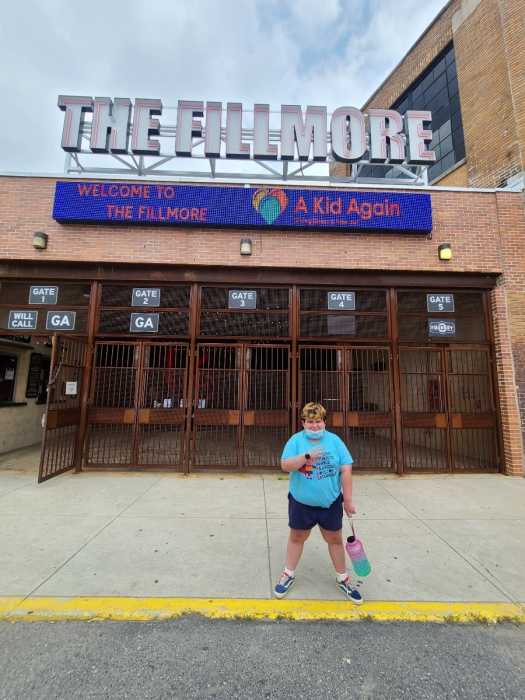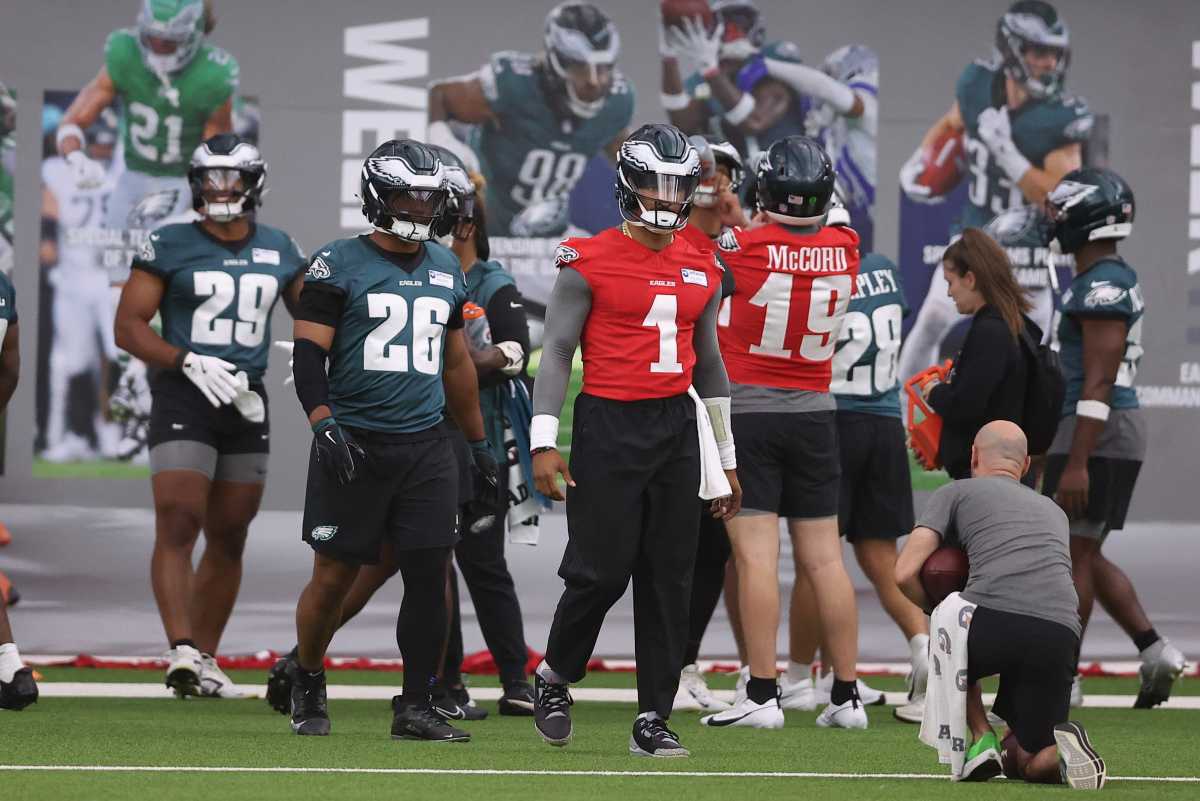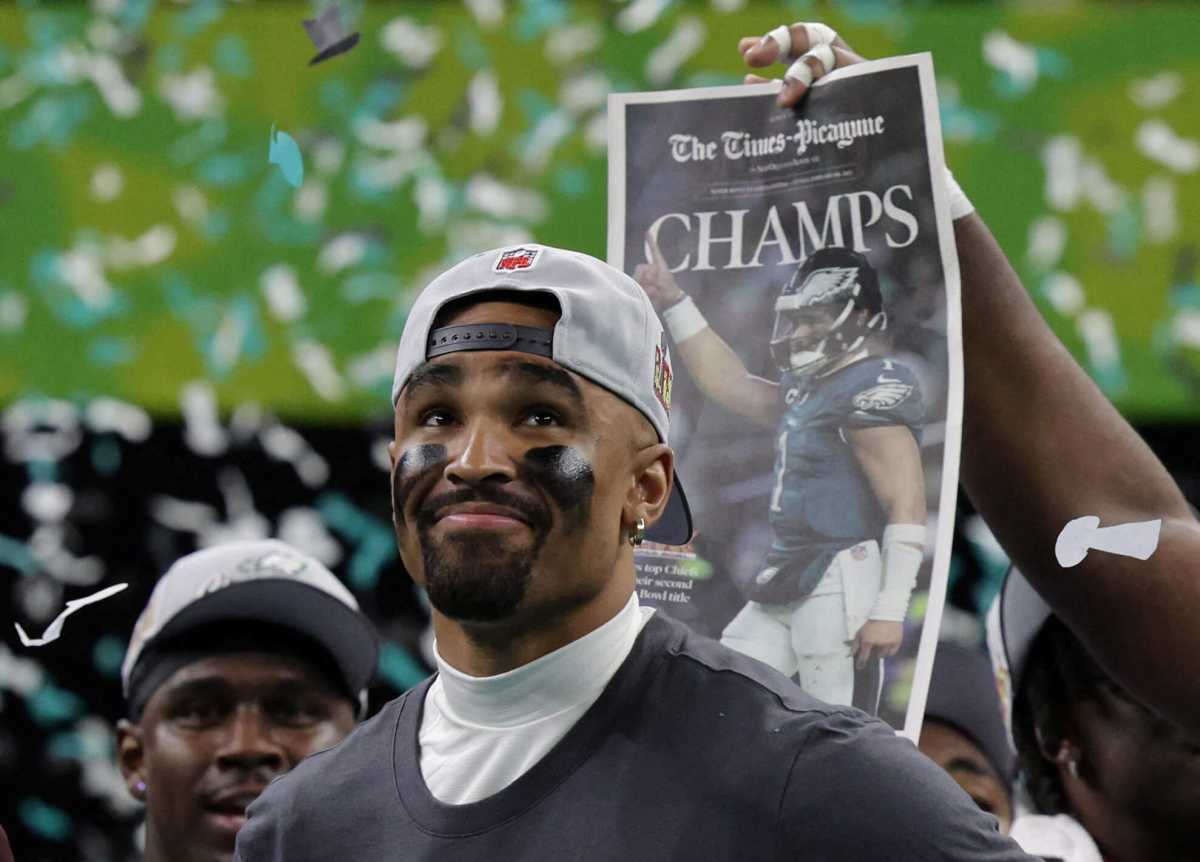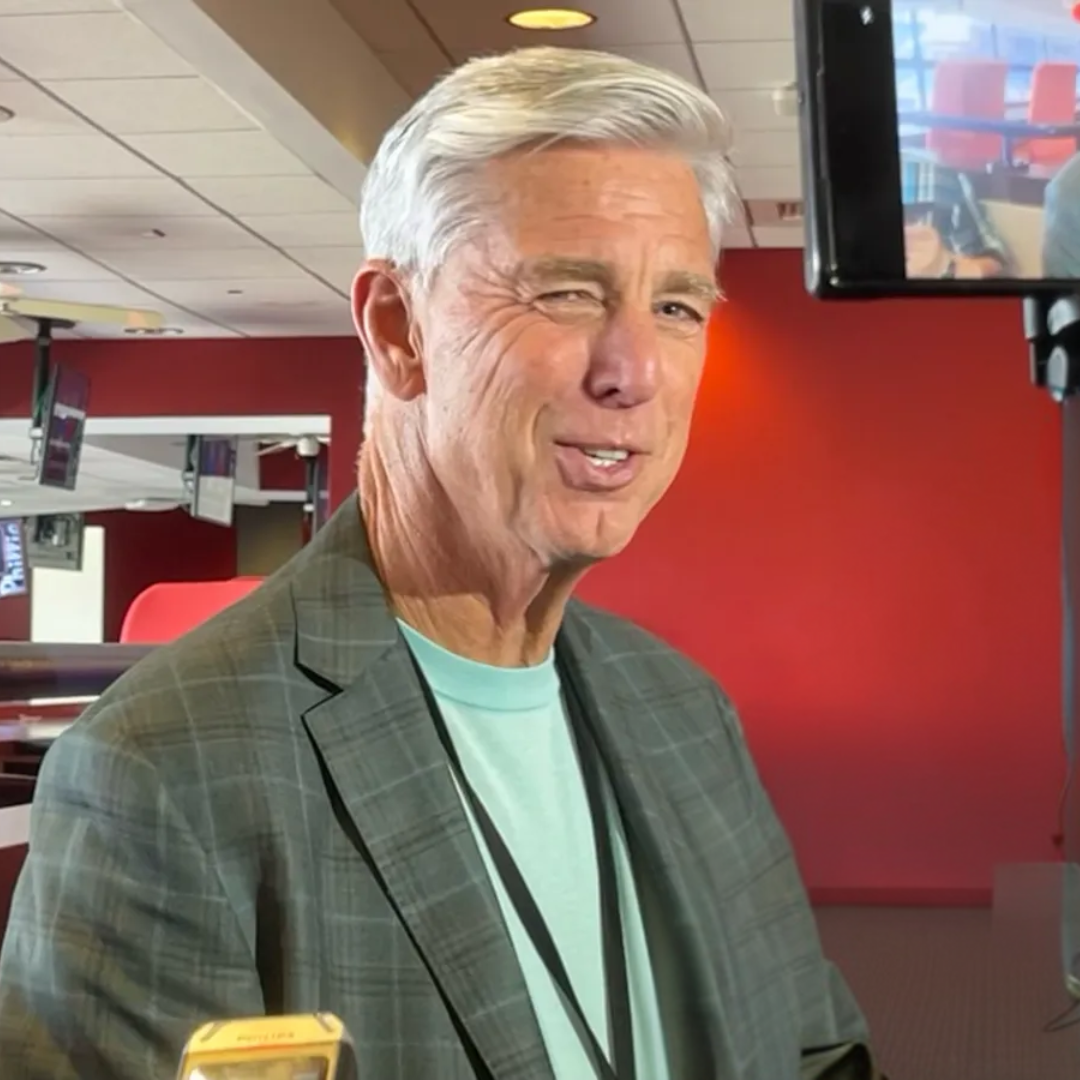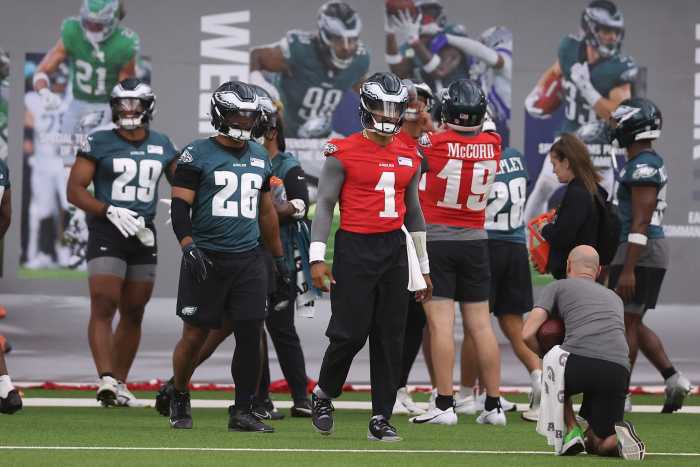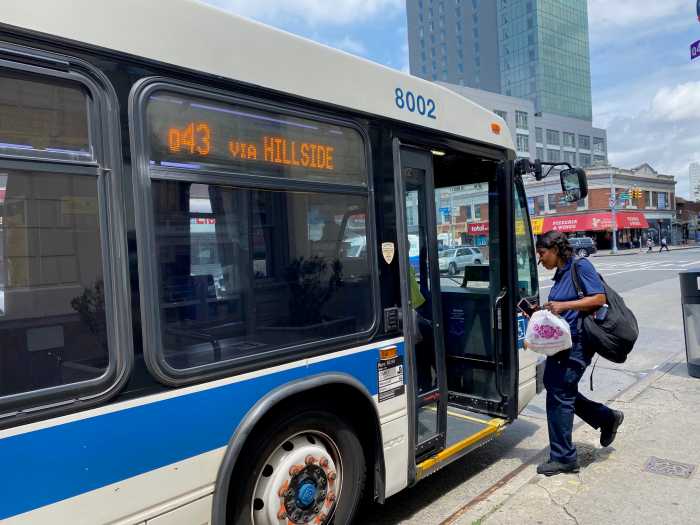Even amid a nationwide push for racial equity, a disconnect remains between Black nonprofit leaders in Philadelphia and the mostly white people who help decide the fate of grants and other funding, according to a new report.
The write-up, which is based on interviews with 16 Black executive directors, encourages philanthropists and local foundations to reexamine their funding processes, build intentional relationships with Black-led organizations and trust Black leaders.
A group of local Black nonprofit leaders who began meeting in summer 2020 to discuss the impact of the police killing of George Floyd and the effects of the COVID-19 pandemic commissioned the report, which was funded by the United Way of Greater Philadelphia and Southern New Jersey.
“This was an opportunity to provide Black leaders a platform to actually talk about what they need and what they want,” said Kelly Sloane, a Philadelphia-based research, evaluation and policy consultant who conducted the research.
The report was built off a 2016 survey that found that Philadelphia nonprofits with Black leaders had fewer staff and volunteers, less money in the bank and more fundraising challenges than white-led organizations.
“That report has mirrored research in other cities,” Sloane told Metro. “So this is not this problem is not unique to Philadelphia.”
Grantmakers, in general, treat Black-led nonprofits as risky investments, and interviewees “believe that regional funders unfairly conflate race with competence and worthiness,” the study found.
“Several recounted being subjected to intense scrutiny, dismissiveness, and ridicule during interactions with philanthropists,” the report said.
Facing particular pressure, participants in the study said, are Black women in powerful positions. Among the recommendations is that philanthropic organizations wholeheartedly support Black women atop nonprofits.
In addition, those who spoke to Sloane encouraged funders to back Black leaders transitioning into a leadership role previously held by a white person. Too often, foundations get skittish and pull back money, according to the report.
Another theme that emerged was that philanthropists need to get to know Black executive directors through intentional networking sessions.
Segregated social networks can constrain sources of potential funding for Black-led organizations, as well as groups that serve majority Black communities, the study said.
“People give money to who they know, and it’s one of the reasons why we see white-led organizations getting more money,” one executive director is quoted as saying. “It’s not that their work is any more important than ours. They have the relationships.”
Interviewees were granted anonymity to speak freely about their experience in the nonprofit world, according to the report.
After the coronavirus struck, many Philadelphia-area foundations broke with traditional philanthropic norms to get as much money out as soon as possible.
Many Black-led organizations hope the trend continues, the study says, because restrictive grants and complicated applications are a burden, particularly for smaller nonprofits. Executive directors stressed that funders should focus on long-term money that can be used for general operating expenses.
Doing so requires trust on the part of philanthropists, who would need to believe that nonprofit leaders are “experts whose perspectives should be respected and valued,” the report states.
Sloane said the 2016 survey became “somewhat of a tool for advocacy and for action,” and she hopes this latest report, which was published online Monday, also gains traction.
“I’m personally hopeful that this is a conversation starter, at the very least,” she said. “At the very least, that it gives folks something to think about.”

Metro is one of more than 20 news organizations producing Broke in Philly, a collaborative reporting project on economic mobility. Read more at brokeinphilly.org or follow on Twitter at @BrokeInPhilly.
